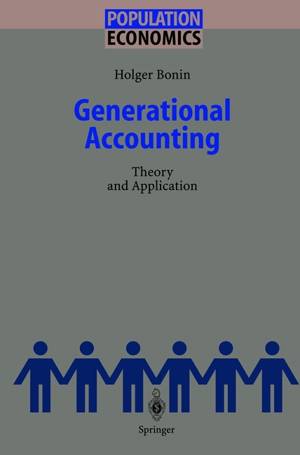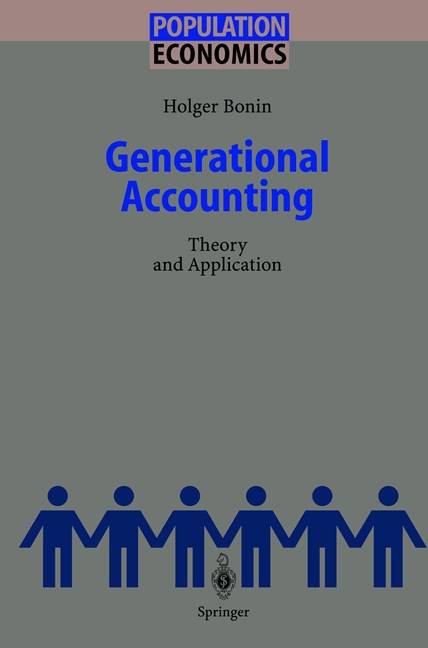
- Afhalen na 1 uur in een winkel met voorraad
- Gratis thuislevering in België vanaf € 30
- Ruim aanbod met 7 miljoen producten
- Afhalen na 1 uur in een winkel met voorraad
- Gratis thuislevering in België vanaf € 30
- Ruim aanbod met 7 miljoen producten
Zoeken
Omschrijving
Among the concepts used to assess the sustainability of fiscal policy in a changing demographic environment, generational accounting has become the most prominent. This book gives a complete and up-to-date introduction to the theory and practice of the method. It reveals deficiencies of the original residual concept and discusses various measures of intergenerational redistribution based on the recent sustainability approach to generational accounting. An application using data on German public finances serves to provide an in-depth explanation and practical illustration of the technique. The study develops new procedures to evaluate the fiscal externalities of migration and the redistribution of net wealth among living generations resulting from Social Security reform. The book is an indispensable source of reference for analysts employing generational accounting and for those wishing to study intertemporal redistribution through fiscal policy.
Specificaties
Betrokkenen
- Auteur(s):
- Uitgeverij:
Inhoud
- Aantal bladzijden:
- 268
- Taal:
- Engels
- Reeks:
Eigenschappen
- Productcode (EAN):
- 9783642076015
- Verschijningsdatum:
- 6/12/2010
- Uitvoering:
- Paperback
- Formaat:
- Trade paperback (VS)
- Afmetingen:
- 156 mm x 234 mm
- Gewicht:
- 394 g

Alleen bij Standaard Boekhandel
+ 316 punten op je klantenkaart van Standaard Boekhandel
Beoordelingen
We publiceren alleen reviews die voldoen aan de voorwaarden voor reviews. Bekijk onze voorwaarden voor reviews.











